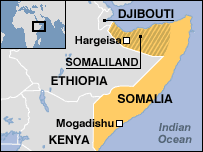 Those are quotes (From Edna Adan and Michael Rubin) from a June 8 conference we attended, at Marist College, on Somaliland development.
Those are quotes (From Edna Adan and Michael Rubin) from a June 8 conference we attended, at Marist College, on Somaliland development.
Someone might call it a “shit hole country” — seceded from Somalia, not internationally recognized, devastated by war, and beset by major problems. Yet Somaliland is pulling itself from the ashes.
Most attendees were Somali, a reunion among the many studying in the U.S., graduates of Jonathan Starr’s incredible Abaarso School which I’ve written about— a big part of the country’s rise.

Dr. Samatar
The opening speaker, Dr. Ahmed Samatar, spoke of philanthropy giving meaning to one’s life. This certainly resonated with me; our Somaliland involvement really excites me and my wife.
Samatar called the country’s development a Sisyphean battle against entropy. Citing four dimensions — the environment, economy, culture, and politics — he said all “bite quite hard” for Somalilanders. He quoted Marx that people make their own history, but do not make it as they please, constrained by the weight of the inherited past.
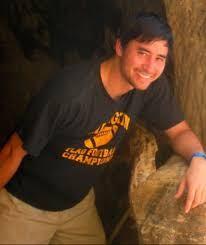
Harry Lee
One conference session was led by Harry Lee, heading up the expansion of the Abaarso project into an archipelago of K-12 schools, to be staffed mainly by home-grown teachers.* (This is our own focus.) The first is nearing completion. Lee said Somaliland’s literacy rate is under 30%. A majority of kids do go to school, but teachers are ill-paid and hence expend little effort if they show up at all (a common third world problem). Students basically can do sports or academics but not both. The new Kaabe schools target such problems, aiming to give kids real support and encouragement for achievement.

Anne Dix
The project is being partly funded by USAID; Anne Dix heads that program (American Schools and Hospitals Abroad). She gave a talk emphasizing the use of aid to enable local people to build institutions, with the aim of ending the need for such assistance.
Michael Rubin is a former Defense Department official currently at the American Enterprise Institute. He said that too often the U.S. focuses resources on “squeaky wheels” (like Somalia proper) while a country like Somaliland that’s “doing everything right” gets short shrift.

Michael Rubin
Rubin also feels there’s too much emphasis on governmental action, whereas real progress is bottom-up. And foreign aid often actually undermines democracy and good governance, substituting for local forces and absolving them of responsibility. But he was upbeat about Somaliland, calling its self-development efforts groundbreaking.
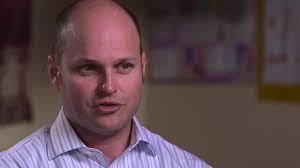
Jonathan Starr
Jonathan Starr led a workshop on economic investment. Opportunities seem ample because the country lacks so much; there should be many “no brainers.” One participant suggested wind turbines. But this actually proved illustrative of the problems. Starr said his own wind turbine project was a fiasco because there was no infrastructure for repairing breakdowns. Well trained, educated people are scarce on the ground. So is investment capital. There’s no good banking system. No good court system or rule of law. All things we take for granted, but these are the challenges in building a nation from the ground up.
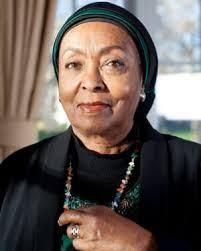
Edna Adan
I could hardly believe I was chatting with a hero who’s done what Edna Adan has. Certainly my first encounter with a recipient of France’s Legion d’honneur! Adan built a hospital in Somaliland. Not a ramshackle affair; a big university teaching hospital that could fit in any U.S. city. On the side, she’s served in cabinet posts, including foreign minister.
Now 81, she was a dynamo at the conference. One workshop was on public health. Somaliland has the world’s highest maternal mortality rate; highest TB death rate. A big problem is people exploited because education and literacy levels are so low; thus the blight of counterfeit medicines and other fake treatments. Mental illness is commonly ascribed to demonic possession.
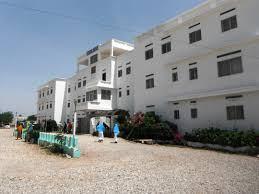
Edna Adan Hospital
A big factor in mental illness is qat. It’s a narcotic leaf, chewed; qat addiction is endemic in the region. Health effects are dire, and it ruins men as useful members of families and society.
Adan’s chief focus was on female genital mutilation (FGM). The idea is to keep girls virginally “pure” and marriageable, preventing promiscuity by making sex difficult and non-pleasurable. It’s a cultural practice, not a religious one; most Muslim societies don’t do it. FGM is particularly rife in the Somali region.
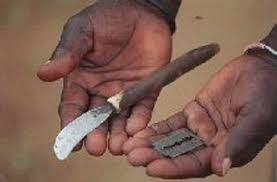
Adan said her own childhood FGM was inflicted by her mother and grandmother while her father was away — very typical. When he returned he was furious, which told her that what had happened was wrong.
Many nations have banned FGM, but it’s hard to enforce — you can’t jail every mother and granny. Adan said this battle must be fought by men and communities.
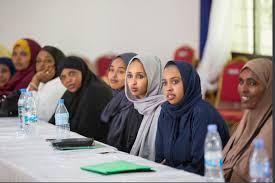
* Harry also produced a wonderful film, Somaliland, about Abaarso.
Advertisements